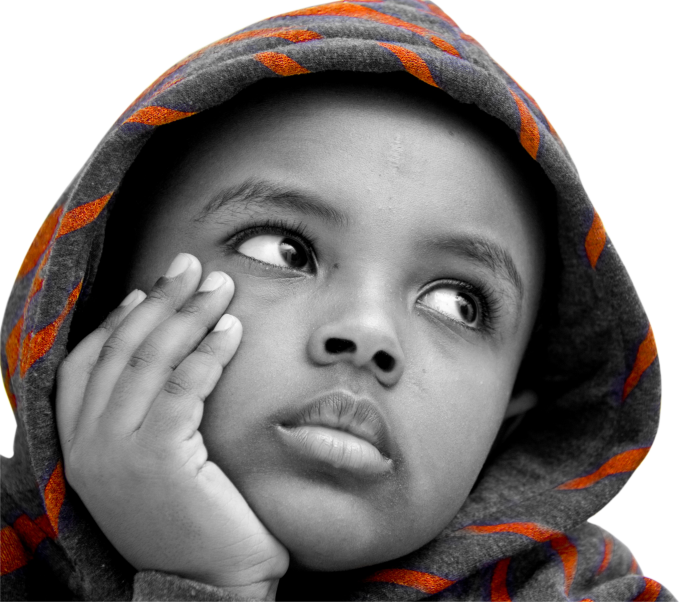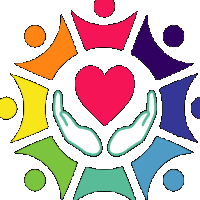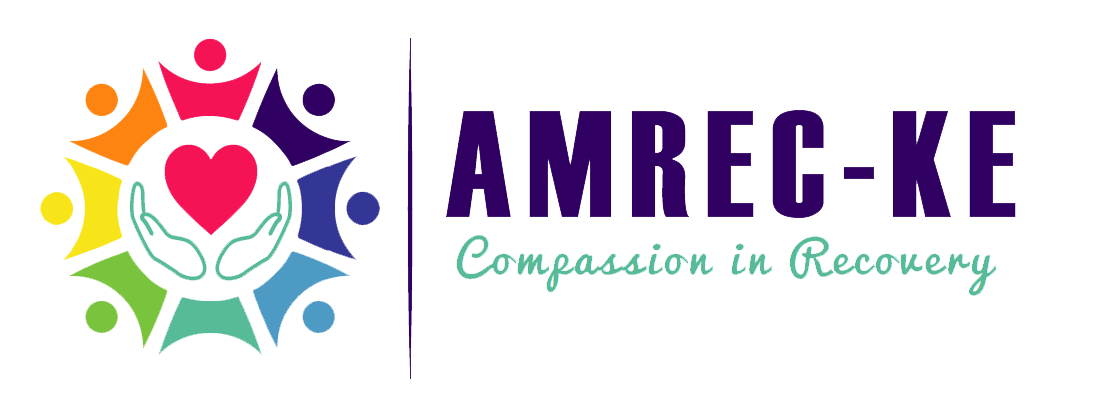What is Autism Spectrum Disorder?

According to WHO, Autism is a group of diverse conditions related to development of the brain, and about 1 in 100 children suffer from autism!
These conditions are characterized by challenges with social skills, repetitive behaviors, speech and nonverbal communication. Autism may affect a person to adulthood. The disorder in adults may present with different symptoms than in children. Many adults learn to live with the symptoms, and this can make diagnosis difficult.
How can I know that one is autistic?
Autism presents with a range of symptoms. These include:
- Social communication Challenges
Autistic people exhibit challenges in social communication such as:
- Difficulty in using proper gestures.
- Difficulty in maintaining eye contact.
- Inappropriate facial expressions.
- Inability to maintain proper tone of voice in speech.
- Feelings of vulnerability in social situations.
- Restricted and repetitive behaviors
These includes:
- Resistances to making change.
- Repetitive body movements such as hand flapping.
- Performs activities that risks self-harm.
- Unusual sensations to environmental stimuli such as light, sounds, body temperatures and touch.
- May be interested only in specific diets of food.
- Symptoms in children
Children are diagnosed with autism as early as 3-4 years. Some of the symptoms present include:
- Reduced communication and interaction with others.
- Easily getting angry when not interested with things such as a smell from the environment, sounds or light.
- Repeating phrases spoken by other people or the child.
- Lack of response to their names.
- Slow in understanding other peoples’ emotions as well as own emotions.
- Showing keen interests to specific activities, events and foods.
What causes autism?

Genetics. Different genes are suspected to cause autism spectrum disorder.
Environmental factors. Dangers in the environment such as viral infections during pregnancy or traumatic brain injuries that results from the environment can also cause ASD.
Risk factors
The child’s sex- boys are more likely than girls to develop ASD.
Family history- there is an increased possibility of a family having an autistic child if they’ve had another before.
Caring for people with ASD
Are you having a child or living with an autistic person? Here are some ways to provide a quality care to them.
- Helps the individual to tackle environmental stressors and any other challenges they face.
- Remove any barriers, which may include both physical and psychological barriers that prevent them from meeting their needs.
- Fight stigma and any form of discrimination that the individual may face.
- Respect and promote independence of the individual to help them be able to tackle their tasks and feel relevant.
When should I seek a professional help?
If your loved one is exhibiting the symptoms listed above, it is better to seek a professional help. For children, parents should take early actions if the child shows the following:
- Shows flat emotions by 6 months.
- Doesn’t gesture by 14 months.
- Haven’t said a single word by 16 months.
- Shows deficits in language or social skills at any age.


